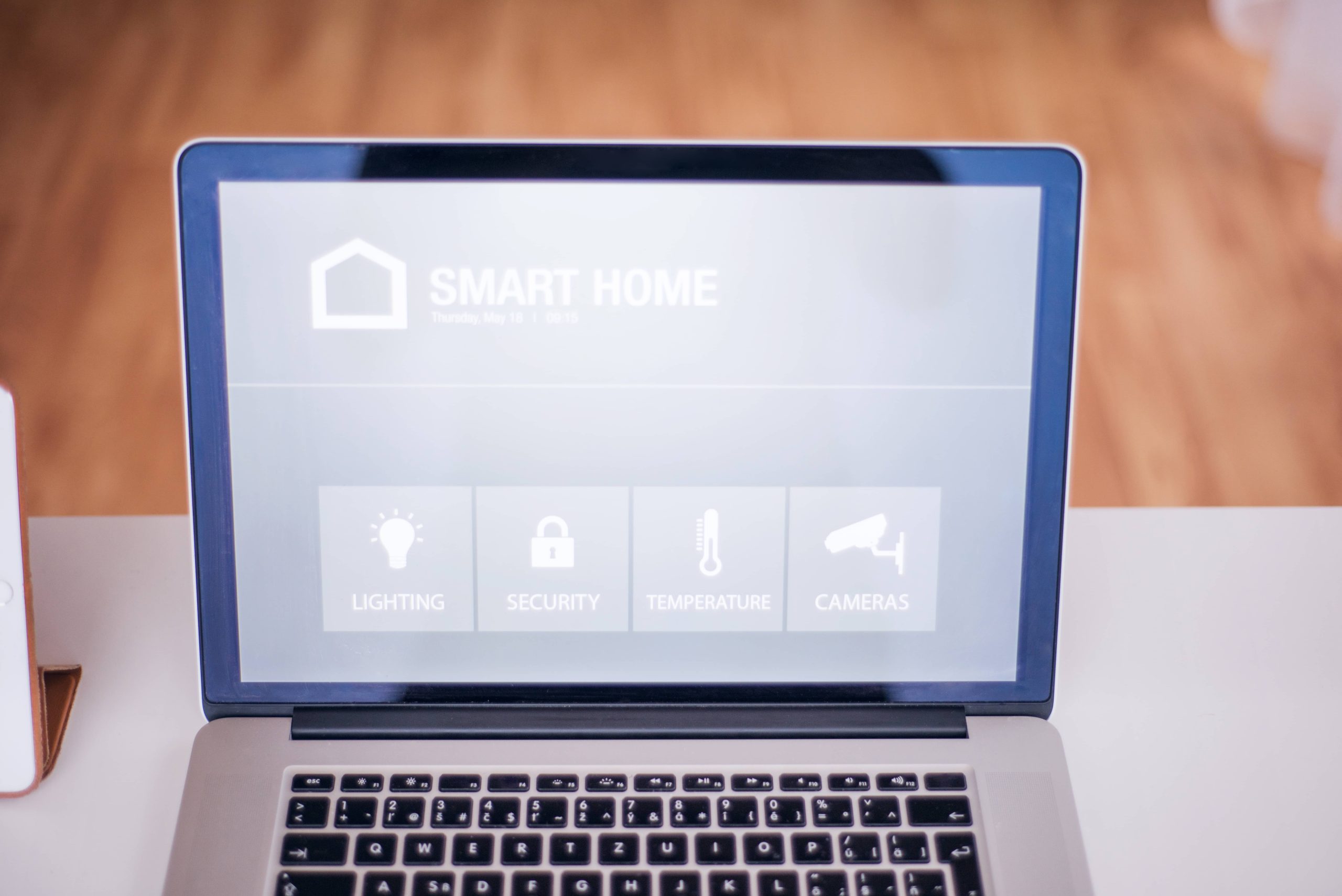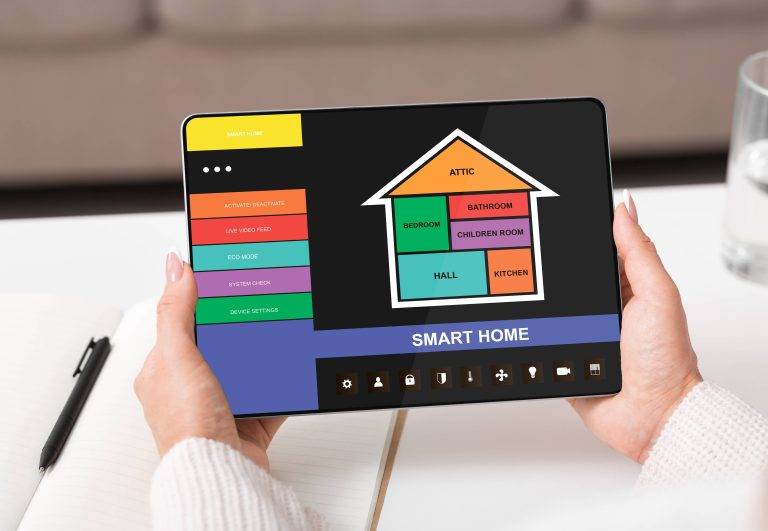
In the rapidly advancing world of technology, the concept of a smart home has evolved from a futuristic dream to a present-day reality. A smart home integrates diverse devices like lighting systems, thermostats, security cameras, and more, all seamlessly working together to enhance your living experience. At the heart of this integration lies the smart home hub—a central device that communicates with and controls all your smart devices. Selecting the right smart home hub is a crucial step in building an efficient and harmonious smart home ecosystem. In this post, we’ll explore the factors to consider when choosing a smart home hub and highlight some of the top options available today.
Understanding Smart Home Hubs
Before diving into the selection process, it’s essential to understand what a smart home hub does. Think of the hub as the “brain” of your smart home network. It facilitates communication between devices that might otherwise be incompatible, allowing them to work together seamlessly. It usually operates using protocols like Zigbee, Z-Wave, Bluetooth, and Wi-Fi to ensure connectivity between devices.
Key Factors to Consider
1. Compatibility: The first and foremost factor is ensuring that the hub you choose is compatible with your existing or intended smart devices. Before making a purchase, make an inventory of your current smart devices and check if they support the same communication protocols as the hub. The broader the compatibility range, the more versatile your smart home can become.
2. Ease of Use: A user-friendly interface is critical. A hub should be easy to install and manage. Many hub manufacturers provide dedicated apps with straightforward setup instructions and user-friendly interfaces to simplify control and automation.
3. Integration with Voice Assistants: Integration with voice assistants like Amazon Alexa, Google Assistant, or Apple Siri can significantly enhance the functionality and convenience of your smart home. Ensure that your chosen hub supports these voice platforms if you intend to operate your home automation through voice commands.
4. Automation Capabilities: The essence of a smart home is its ability to automate tasks. Look for a hub that allows advanced automation setups, such as scheduling, conditional triggers, and comprehensive scenarios that enable devices to respond intelligently and independently.
5. Reliability and Performance: A good smart home hub should be reliable with a stable connection and minimal downtime. Research online reviews and product specifications to gauge the expected performance and reliability.
6. Expandability: As smart technology rapidly evolves, choose a hub that is future-proof. It should be capable of integrating new devices and technologies, allowing your smart home to grow over time.
7. Price: Budget is, of course, an essential consideration. Prices for smart home hubs can vary dramatically, so it’s crucial to weigh the features and capabilities against the cost to make an informed decision.
Top Smart Home Hubs of 2023
1. Samsung SmartThings Hub:
Samsung SmartThings remains a popular choice for its wide-ranging compatibility. It supports Zigbee, Z-Wave, and Wi-Fi, letting it connect with a vast array of devices. The SmartThings app is intuitive, making automation setup straightforward. Its compatibility with major voice assistants enhances user convenience, and its robust user community offers valuable support and insights.
2. Amazon Echo Plus:
For those deeply invested in Amazon’s ecosystem, Echo Plus doubles as a smart speaker and smart home hub. It incorporates a Zigbee hub, allowing straightforward connectivity to compatible devices without the need for additional components. Integrated Alexa support means voice control is seamless, making it an appealing choice for Alexa enthusiasts.
3. Google Nest Hub Max:
With its aggressive push into the smart home market, Google Nest Hub Max offers a central control point for your smart devices, especially those that integrate with Google Assistant. It supports casting and music streaming, besides providing an excellent platform for displaying connected security cameras and photos. It’s an ideal choice for users who prefer Google’s ecosystem.
4. Hubitat Elevation:
Known for prioritizing local processing, Hubitat Elevation ensures privacy and swift device response. It supports Zigbee and Z-Wave devices, and its focus on local control means faster automation execution without relying on the cloud. It may not be as user-friendly as some, but for tech-savvy users seeking robust automation capabilities, it’s an excellent choice.
5. Homey Pro:
Homey Pro distinguishes itself with its multi-protocol support, offering Zigbee, Z-Wave, Wi-Fi, Infrared, and Bluetooth connectivity. Its versatility is unmatched, and the Homey app provides dynamic automation capabilities. Though pricier, it appeals to enthusiasts who want an expansive and customizable smart home setup.
Conclusion
Selecting the top smart home hub for your needs can transform your living space, offering convenience, security, and efficiency like never before. While choosing, consider compatibility, ease of use, integration capabilities, performance, and expandability. Whether you lean towards Samsung SmartThings for its compatibility, Amazon Echo Plus for Alexa integration, or Hubitat Elevation for local processing, there is a perfect hub for every smart home enthusiast. Embrace the smart home revolution and let the right hub unleash your home’s true potential.







